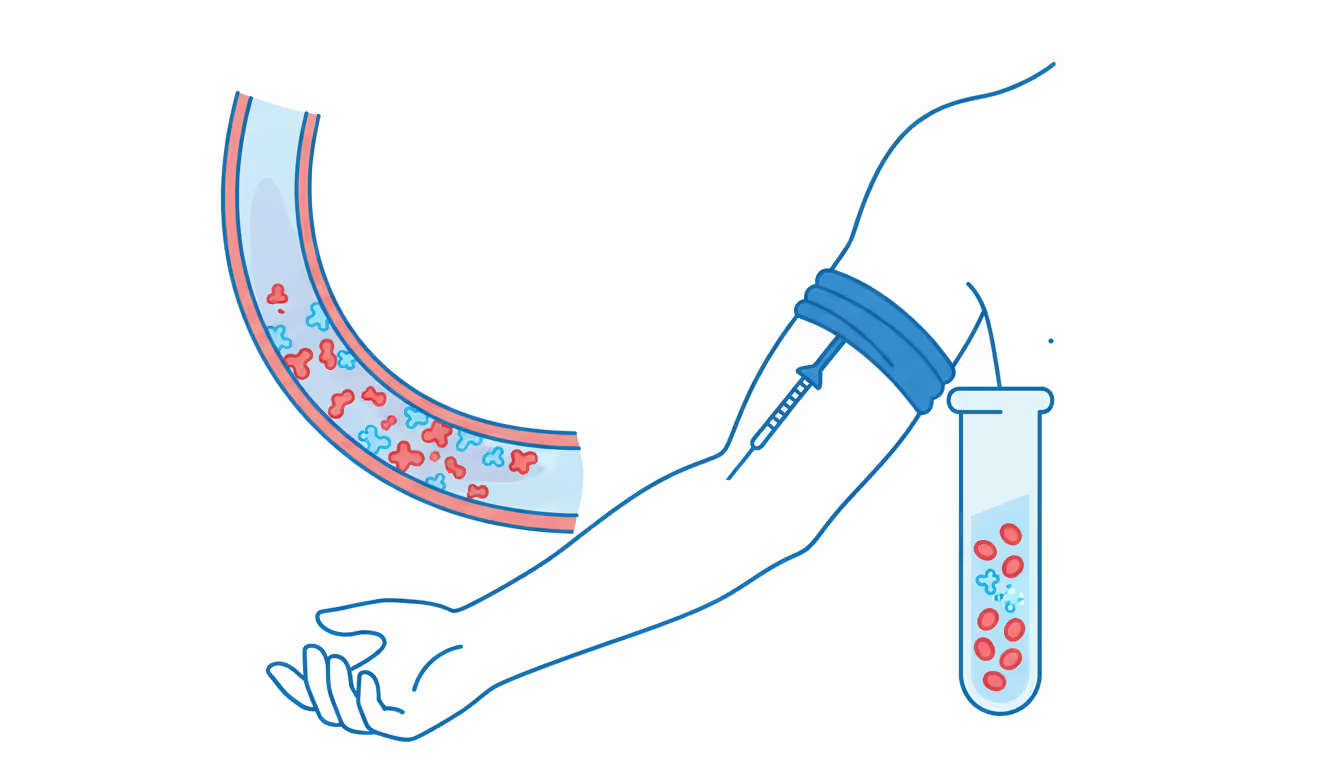
C-Reactive Protein Test (CRP): This is a plasma protein that increases in the bloodstream due to inflammation caused by specific conditions. C-reactive protein (CRP) is categorized as one of the acute-phase proteins, which are proteins that see their plasma levels rise or fall by 25% or more during inflammatory episodes. CRP levels can soar up to 1000 times higher during inflammation. Conditions such as infections, surgeries, burns, inflammatory diseases, and advanced cancer often lead to significant alterations in CRP levels. Moderate changes can be observed following intense physical activity, heatstroke, and childbirth. Minor fluctuations might occur after psychological stress and in various psychiatric disorders. Thus, the CRP test serves as a valuable tool in medicine for indicating the presence and severity of inflammation, although elevated CRP levels alone do not pinpoint a specific condition.As inflammation is thought to significantly contribute to certain diseases, particularly heart-related issues, inflammation markers have been evaluated concerning cardiovascular health. CRP can be used to assess the risk of coronary disease alongside traditional risk factors such as high cholesterol or hypertension.




